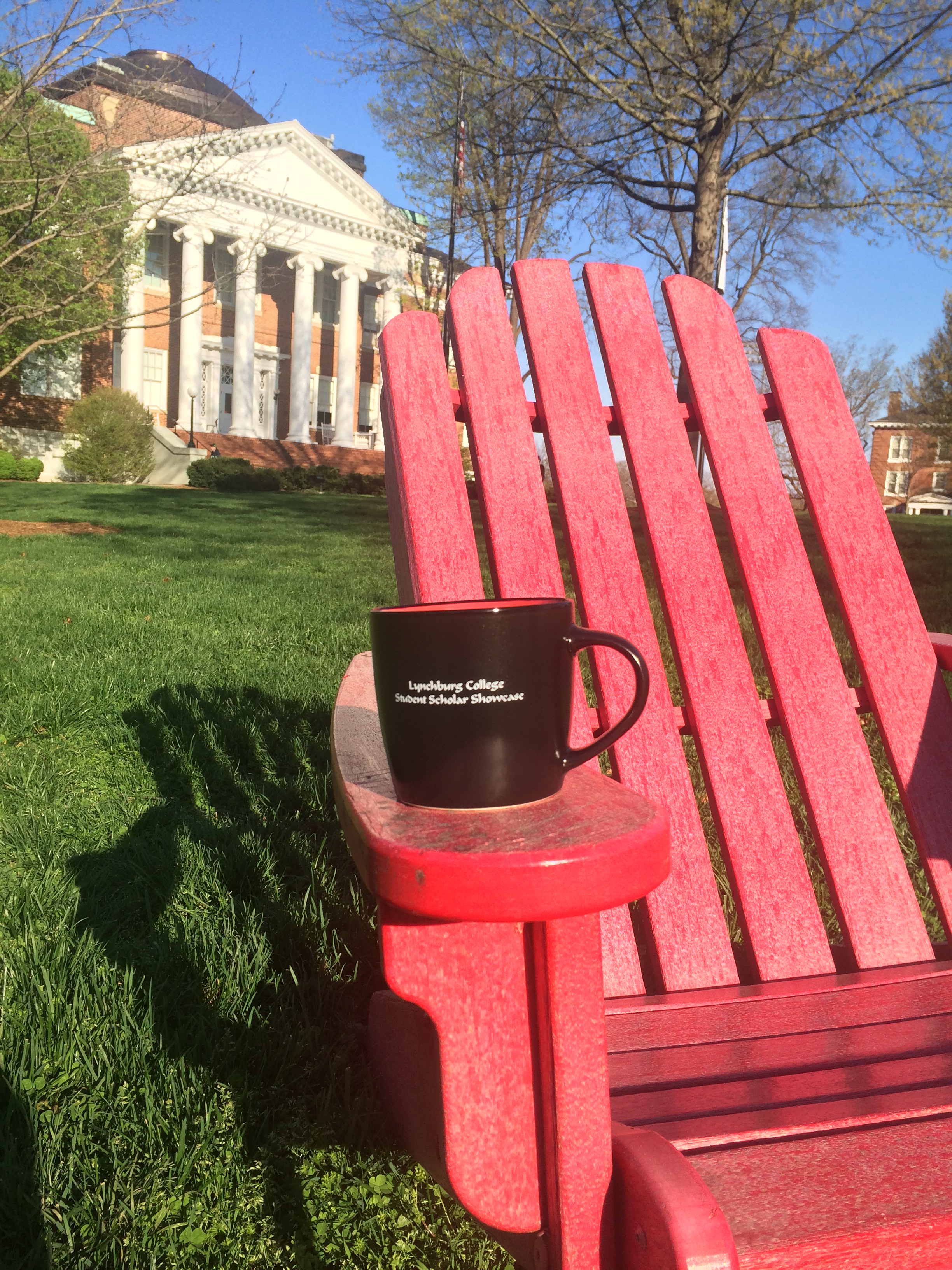
The Effect of Verbal Coaching and Music Motivation on One Mile Time Trials
Abstract
Purpose: The purpose of this experiment was to examine the impact of verbal motivation versus music motivation on time to complete one mile. Methods: This repeated measures study consisted of 15 total participants, 4 male, 11 female (include demographic info age, gender, etc). There were three independent variables in this study: verbal coaching, music motivation (95/190 bpm), and music motivation (41/82 bpm). Subjects ran in each of the three testing groups: the verbal coaching test group, were the subjects listened to the researchers’ voice and encouraging phrases as they completed the mile; the fast music motivation while listening to an instrumental version ‘Animals’ by Maroon 5 at 95/190 bpm and a slow music motivation while listening to an instrumental version ‘Gravity’ by John Mayer at 41/82 bpm. The time it took to complete each one mile time trial and the subjects’ rate of perceived exertion (RPE) were recorded. Testing session was randomized and counterbalanced.
The Effect of Verbal Coaching and Music Motivation on One Mile Time Trials
Hopwood Auditorium
Purpose: The purpose of this experiment was to examine the impact of verbal motivation versus music motivation on time to complete one mile. Methods: This repeated measures study consisted of 15 total participants, 4 male, 11 female (include demographic info age, gender, etc). There were three independent variables in this study: verbal coaching, music motivation (95/190 bpm), and music motivation (41/82 bpm). Subjects ran in each of the three testing groups: the verbal coaching test group, were the subjects listened to the researchers’ voice and encouraging phrases as they completed the mile; the fast music motivation while listening to an instrumental version ‘Animals’ by Maroon 5 at 95/190 bpm and a slow music motivation while listening to an instrumental version ‘Gravity’ by John Mayer at 41/82 bpm. The time it took to complete each one mile time trial and the subjects’ rate of perceived exertion (RPE) were recorded. Testing session was randomized and counterbalanced.
https://digitalshowcase.lynchburg.edu/studentshowcase/2017/presentations/96

